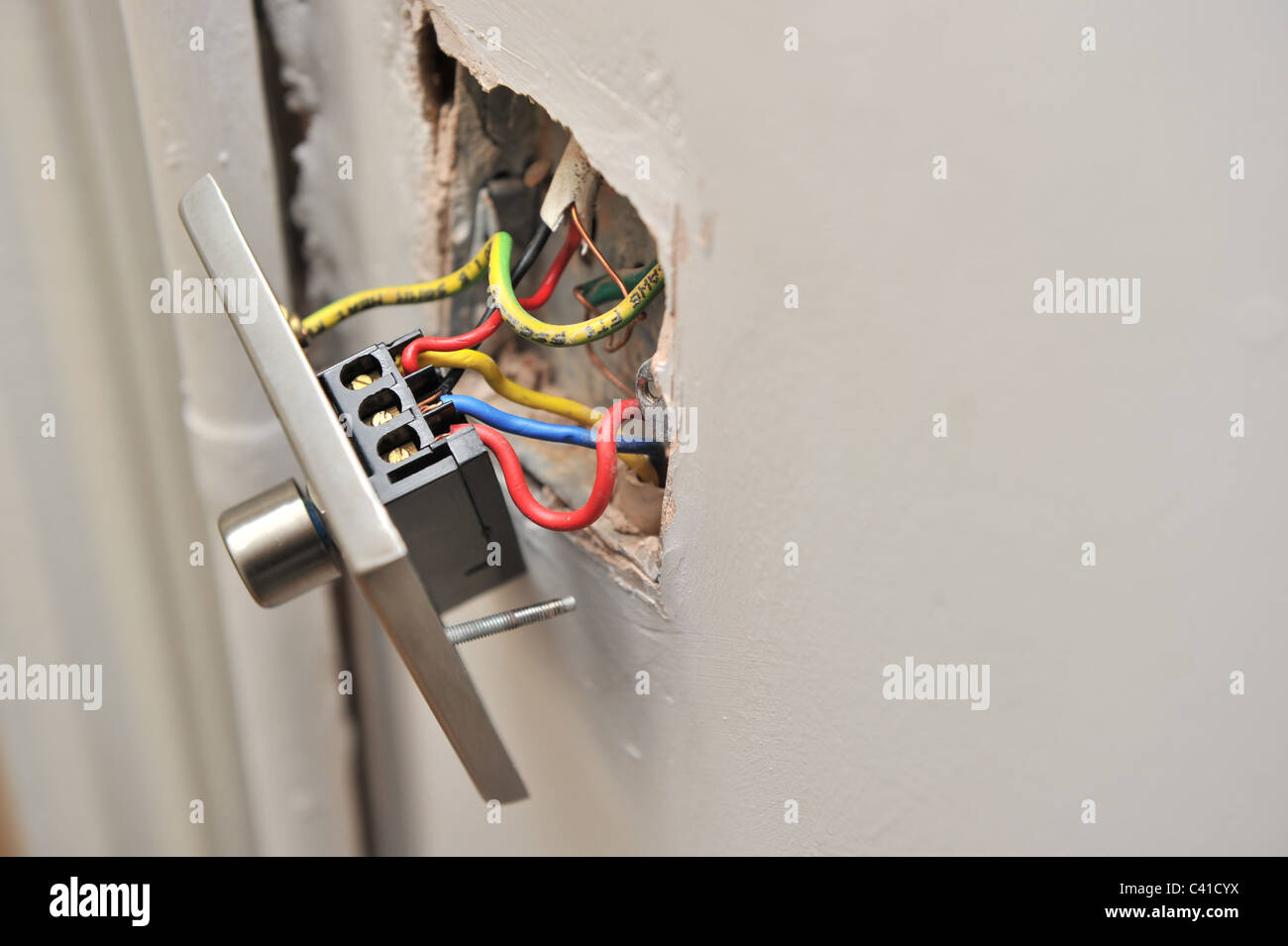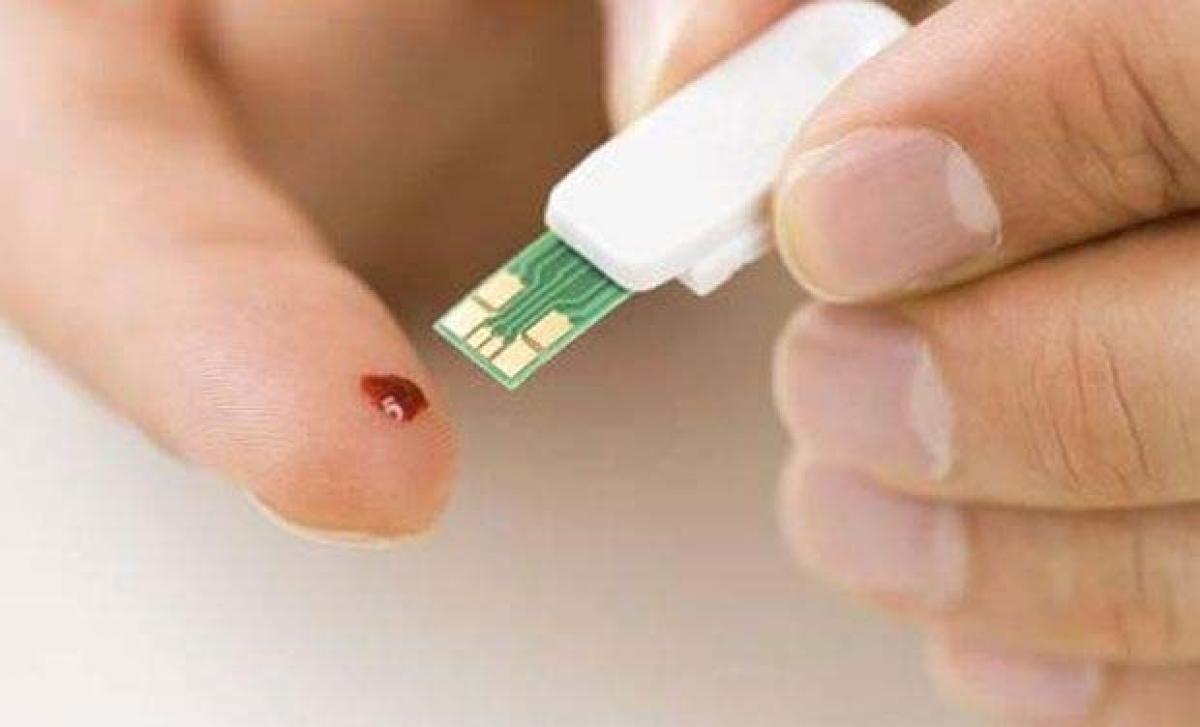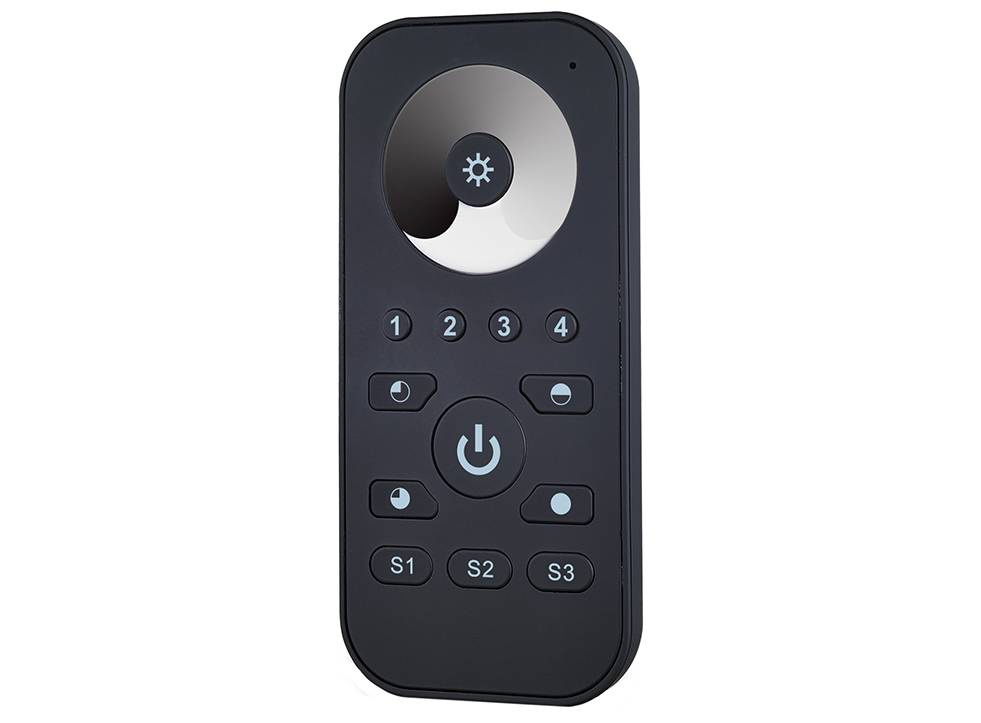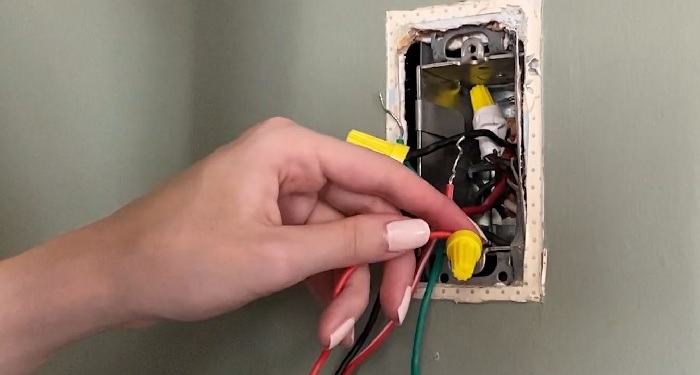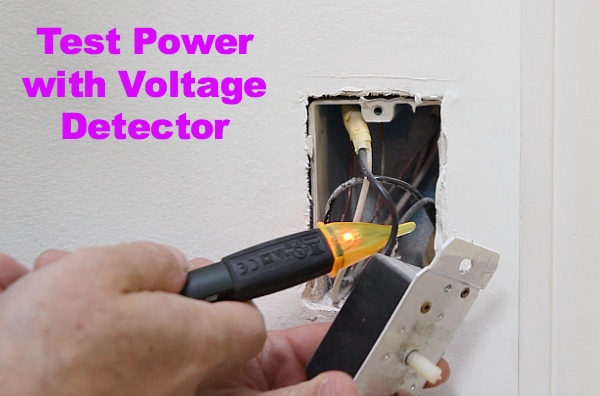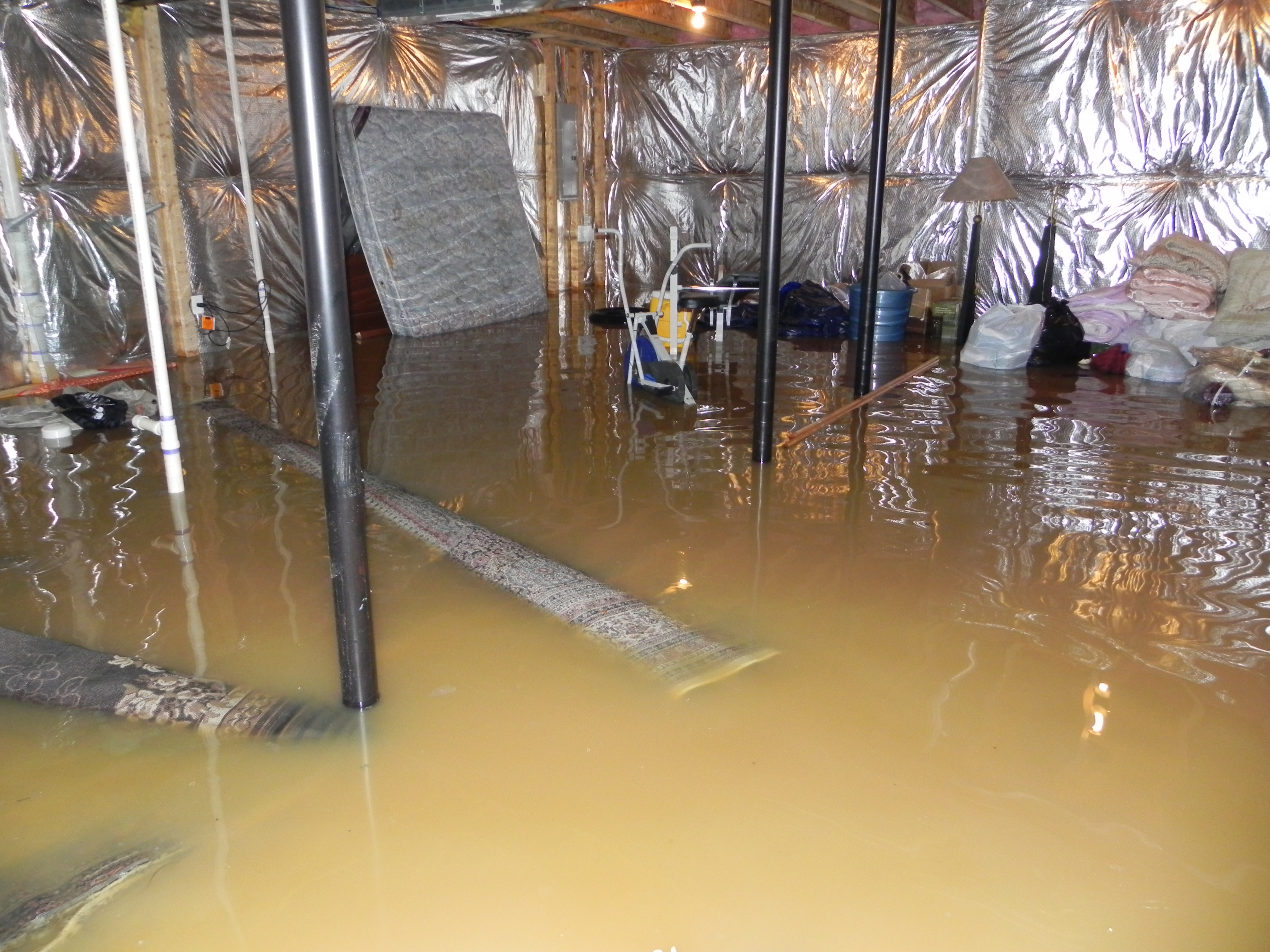Flashing kitchen lights can be a nuisance, and one of the main reasons for this is a loose bulb. This may seem like a simple issue, but it can cause the light to flicker or even turn off completely. This can be frustrating, especially when you're trying to cook or do other tasks in the kitchen. If you notice that one of your kitchen light bulbs is loose, it's essential to tighten it as soon as possible. This will not only fix the flickering issue but also prevent the bulb from burning out prematurely. Make sure to turn off the light before attempting to tighten the bulb to avoid getting shocked.1. Loose Bulb
Another common reason for flashing kitchen lights is faulty wiring. This can occur due to various reasons, such as old or damaged wiring, improper installation, or rodents chewing on the wires. Faulty wiring can be dangerous as it can lead to electrical fires, so it's crucial to address this issue immediately. If you suspect that the wiring in your kitchen is faulty, it's best to call a professional electrician to inspect and fix the issue. They have the necessary knowledge and experience to handle electrical problems safely and effectively. Don't attempt to fix faulty wiring yourself as it can be hazardous and may cause further damage.2. Faulty Wiring
Flashing kitchen lights can also be caused by a power surge. This is a sudden increase in electrical current that can damage appliances and electronics, including light fixtures. Power surges can occur due to lightning strikes, faulty wiring, or when large appliances turn on or off. To prevent power surges from damaging your kitchen lights, you can install surge protectors or whole-house surge protectors. These devices can absorb excess electricity and protect your appliances and electronics from damage. It's also a good idea to unplug appliances when not in use to avoid power surges.3. Power Surge
If your kitchen lights flicker or turn off intermittently, it could be due to a loose connection. This can happen when the wires connecting to the light fixture become loose or disconnected. It can also occur if the light switch is loose or has a faulty connection. To fix a loose connection, you can tighten the wires or replace the light switch if needed. However, if you're not confident in your electrical skills, it's best to seek professional help. Loose connections can be dangerous, and it's essential to handle them properly to avoid any accidents.4. Loose Connection
Another reason for flashing kitchen lights is an overloaded circuit. This happens when too many appliances or electronics are using the same circuit, causing it to trip or overload. This can be a safety hazard as it can lead to electrical fires, so it's important to address this issue. To avoid overloading your circuits, you can distribute your appliances and electronics to different circuits. You can also use power strips with surge protectors to spread the load. If your circuit keeps tripping, it's best to call an electrician to assess the situation and make necessary changes.5. Overloaded Circuit
If you notice that only one of your kitchen lights is flickering, the issue could be a defective switch. This means that the switch is not functioning correctly and may need to be replaced. A defective switch can cause the light to flicker, turn off intermittently, or not turn on at all. To fix a defective switch, you can replace it with a new one. Make sure to turn off the power before attempting to change the switch. If you're not familiar with electrical work, it's best to hire a professional to do the job to avoid any accidents.6. Defective Switch
Another reason for flashing kitchen lights could be a faulty light fixture. This can happen due to various reasons, such as old age, improper installation, or water damage. A faulty light fixture can cause flickering, dimming, or complete failure of the light. If you suspect that your light fixture is the issue, it's best to replace it with a new one. You can also hire a professional to assess the fixture and determine if it can be fixed or needs to be replaced. Remember to turn off the power before attempting any changes to the light fixture.7. Faulty Light Fixture
If your kitchen lights suddenly turn off and won't turn back on, it could be due to a tripped circuit breaker. This means that the circuit has become overloaded and has tripped to prevent any damage or accidents. This can happen due to various reasons, such as an overloaded circuit or a faulty appliance. To fix a tripped circuit breaker, you can reset it by flipping the switch back to the "on" position. However, if it keeps tripping, it's best to call a professional to assess the situation and make any necessary changes. It's essential to address this issue to avoid any safety hazards.8. Tripped Circuit Breaker
If you have a dimmer switch for your kitchen lights, it could be the culprit for the flashing lights. Dimmer switches can get damaged over time, causing them to malfunction and cause flickering lights. This can also happen if the dimmer switch is not compatible with the light fixture. To fix a faulty dimmer switch, you can replace it with a new one or adjust the compatibility with the light fixture. If you're not sure how to do this, it's best to seek professional help. Remember to turn off the power before attempting any changes to the dimmer switch.9. Faulty Dimmer Switch
Last but not least, water damage can also cause your kitchen lights to flash. This can happen due to a leak in the ceiling or walls, or if water comes into contact with the light fixture. Water is a conductor of electricity, and it can cause short circuits and other electrical issues. If you suspect that water damage is the cause of your flashing kitchen lights, it's crucial to address the issue immediately. Fix any leaks and replace any damaged light fixtures to prevent any safety hazards. If the damage is extensive, it's best to call a professional to handle the repairs.10. Water Damage
Additional Reasons for Flashing Kitchen Light
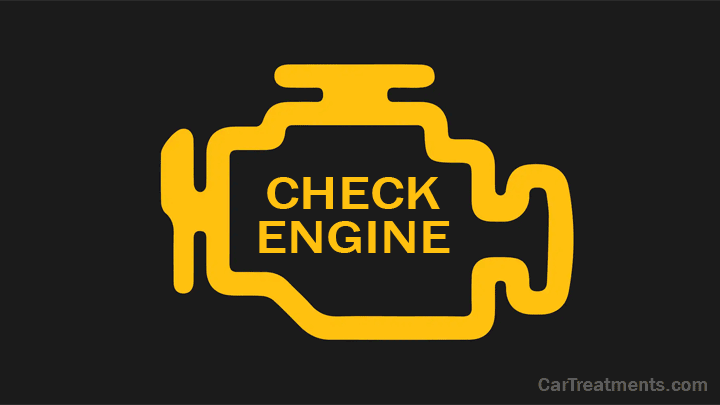
In addition to the reasons mentioned in the previous paragraph, there are several other factors that may lead to a flashing kitchen light. One of the most common reasons is a faulty electrical connection. This can occur when the wiring in the kitchen is not properly installed or when there is a loose connection. A flashing light is a sign that there is a disruption in the electrical flow, and it should not be ignored.
Old or Outdated Kitchen Appliances
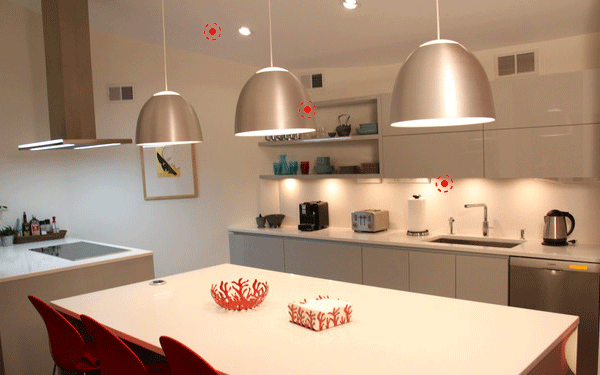
Another reason for a flashing kitchen light could be old or outdated kitchen appliances. As technology advances, newer appliances are designed to be more energy-efficient. This means that they use less electricity to operate, which can cause a disruption in the electrical flow and result in a flashing light. If your kitchen appliances are older, it may be time to upgrade to newer, more energy-efficient models.
Overloaded Electrical Circuits

If you have a lot of electrical appliances and devices plugged into the same circuit, it may become overloaded. This can cause the circuit to trip and the kitchen light to start flashing. To avoid this issue, make sure to distribute your appliances and devices evenly across different circuits in your home. Additionally, consider investing in surge protectors to prevent any potential damage to your appliances and avoid overloading the circuits.
In conclusion, a flashing kitchen light is not something that should be ignored. It could be a sign of a bigger issue with your electrical system. If you have tried all the troubleshooting steps and the light continues to flash, it is best to consult a professional electrician for a thorough inspection and repair. Remember, safety should always be a top priority when it comes to electrical issues in your home.



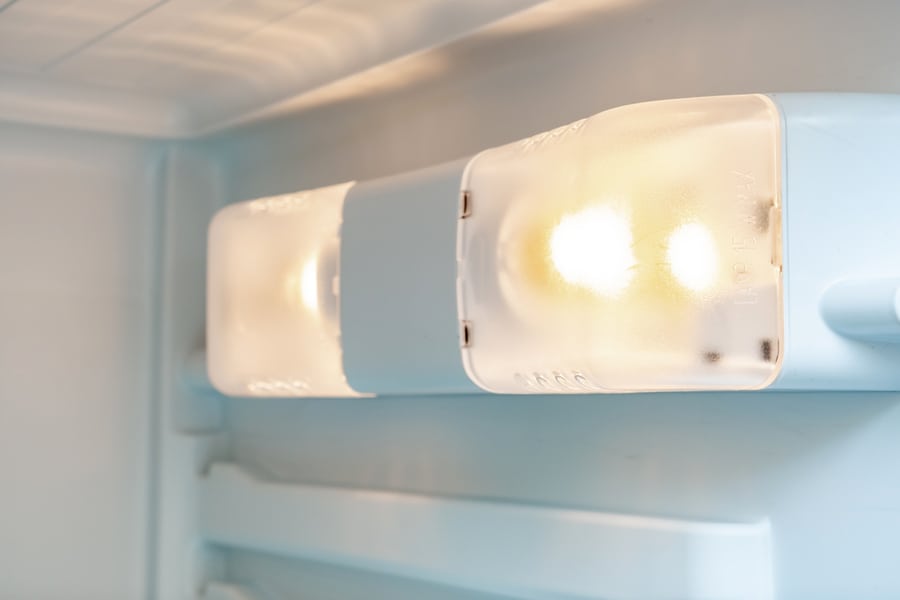

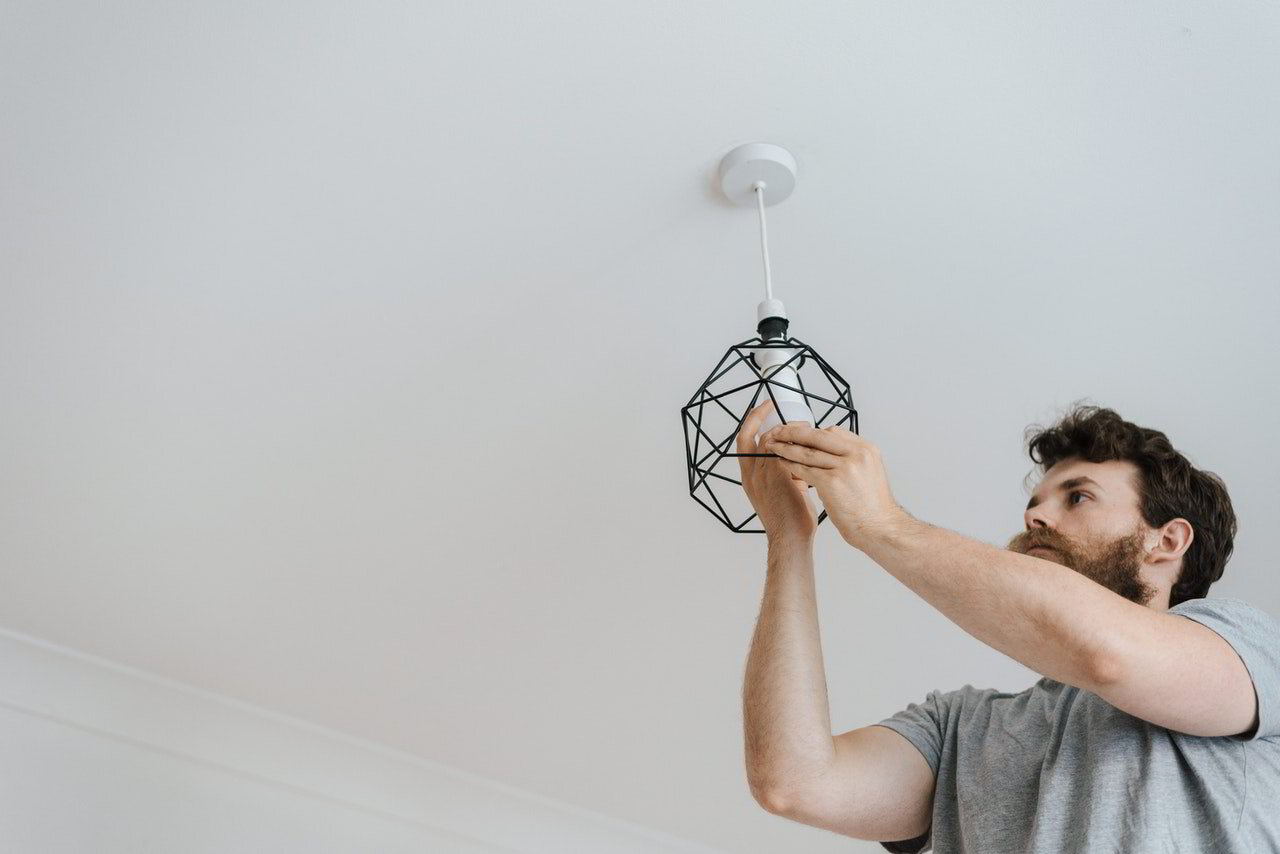


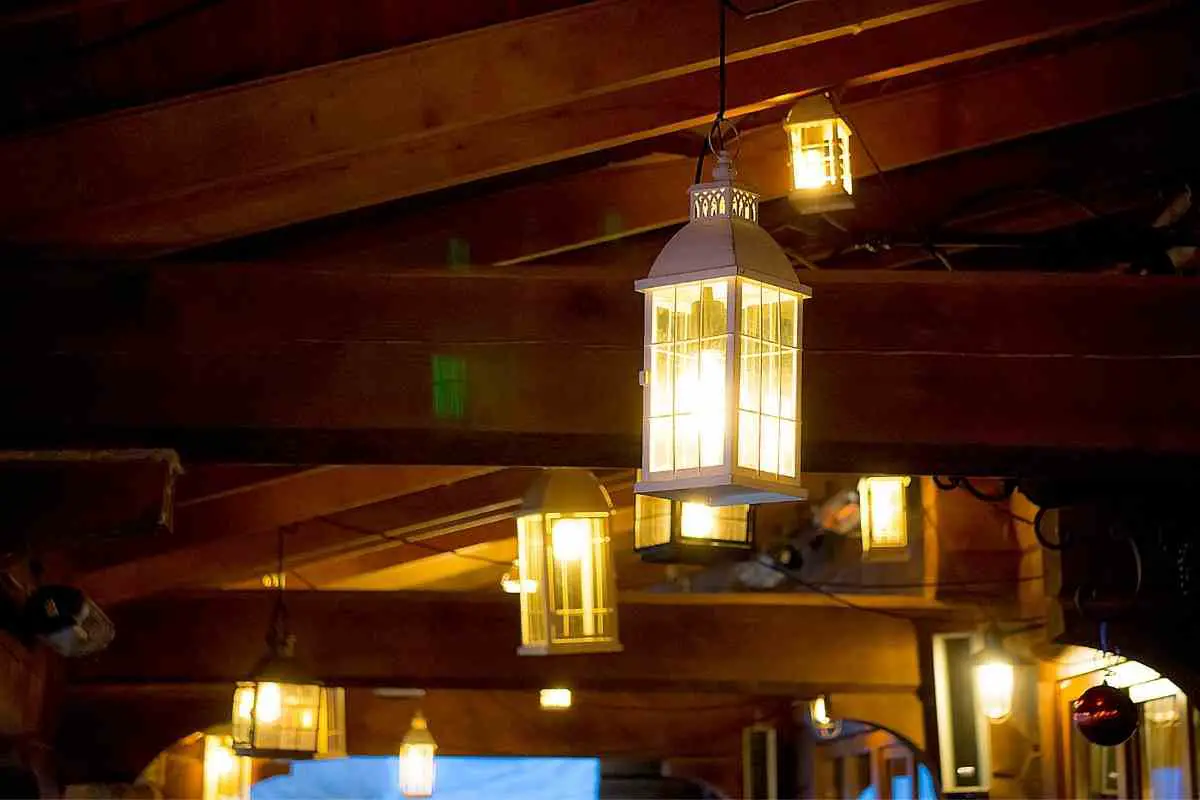

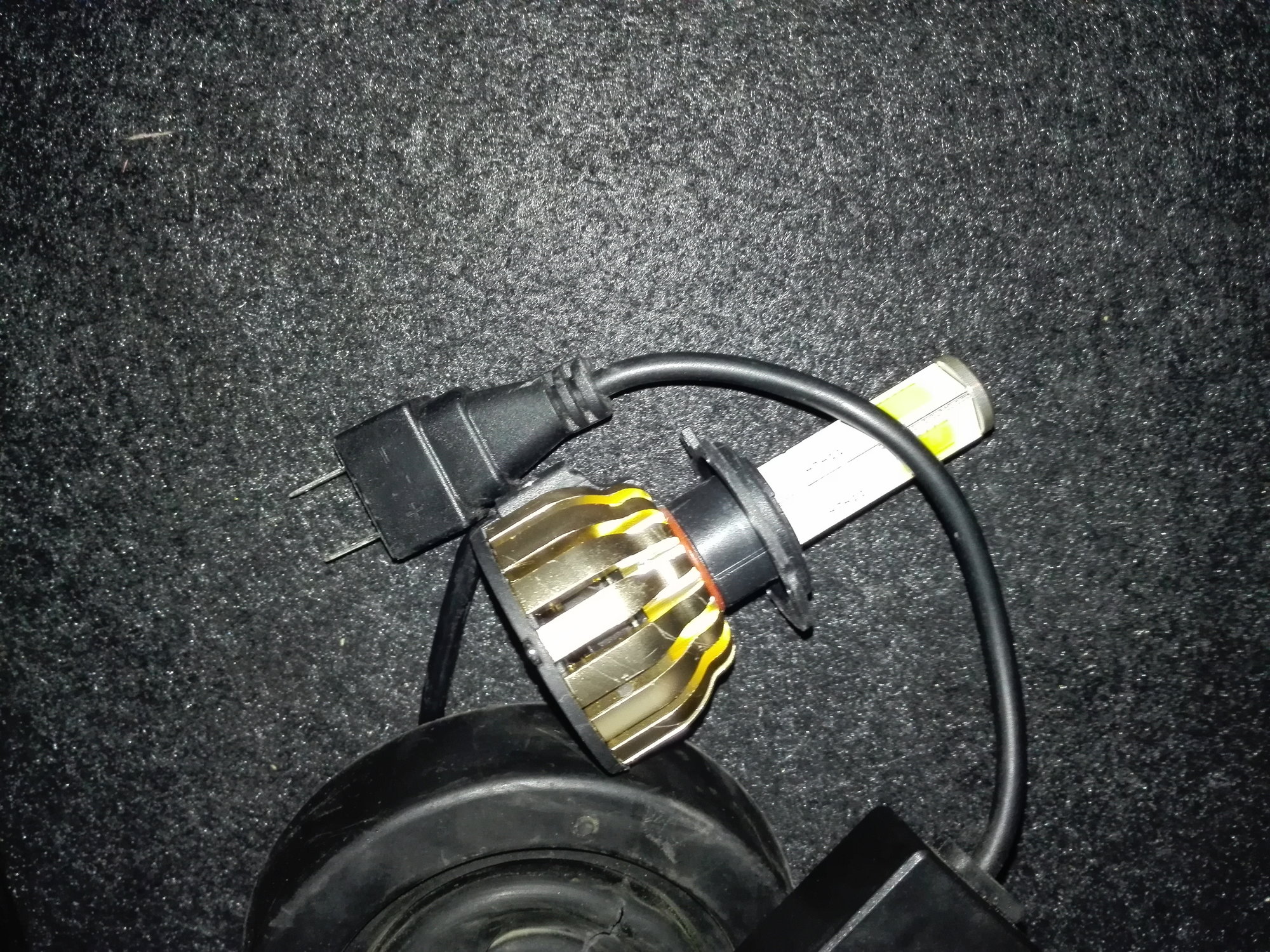

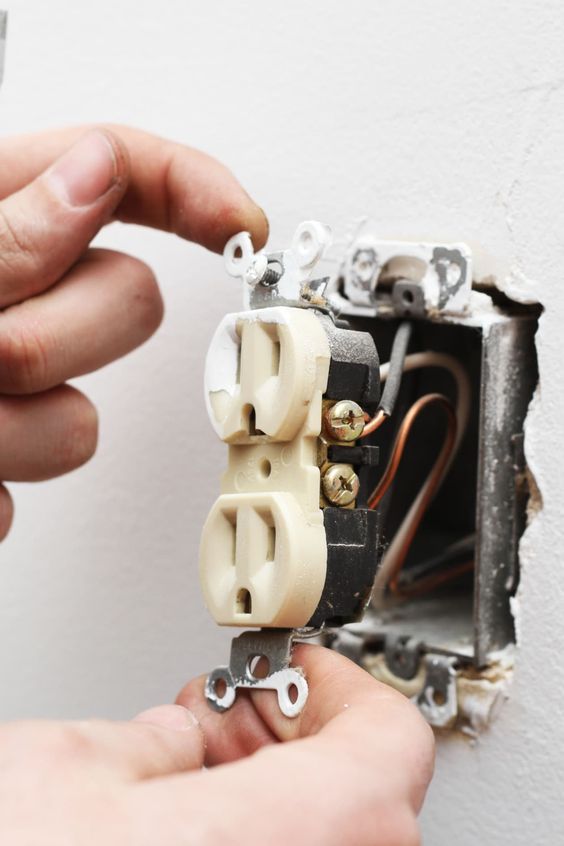


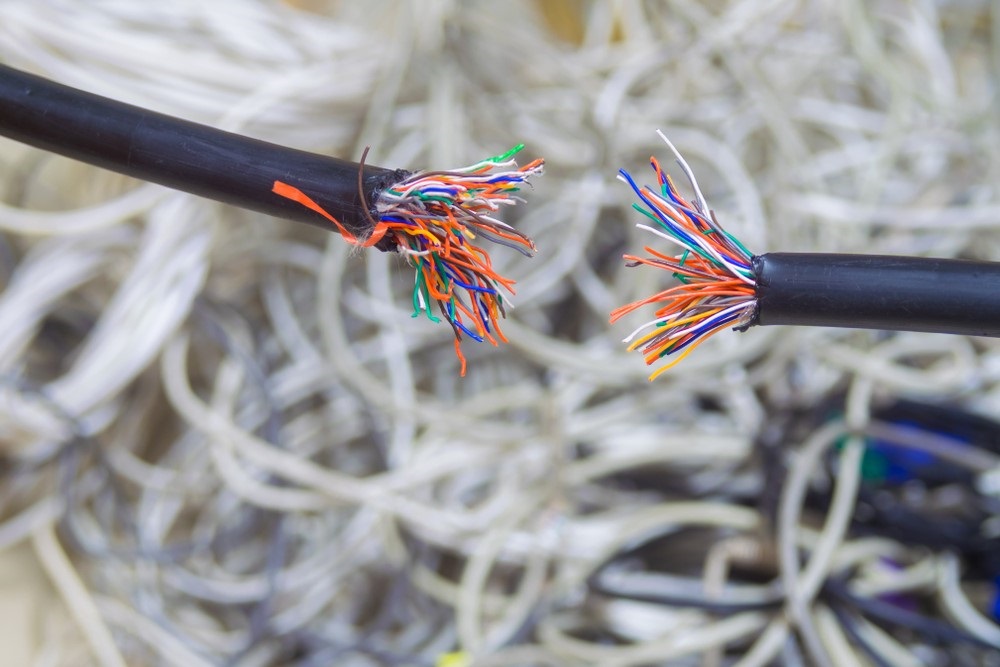


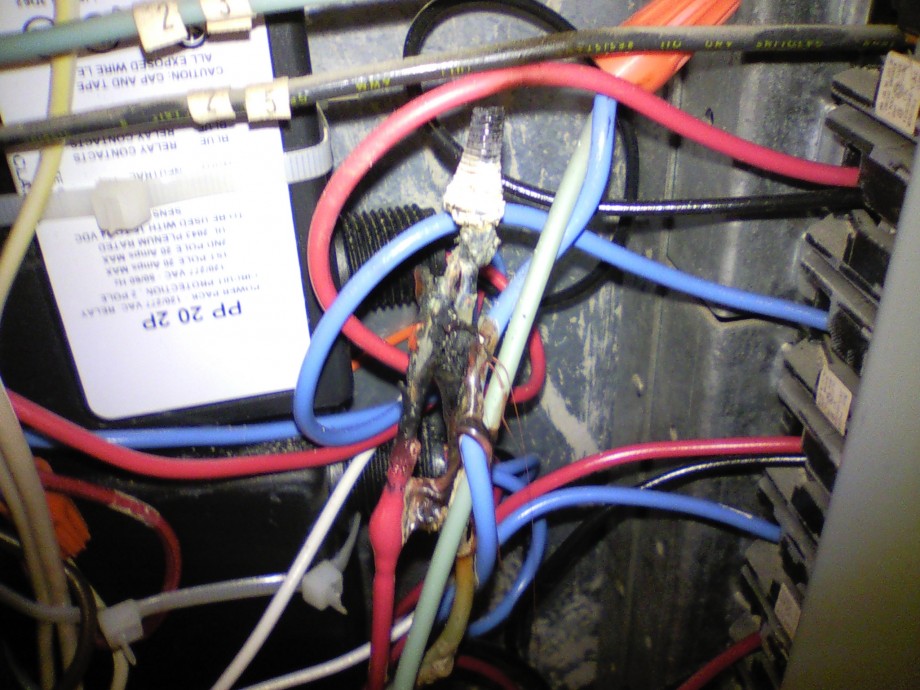


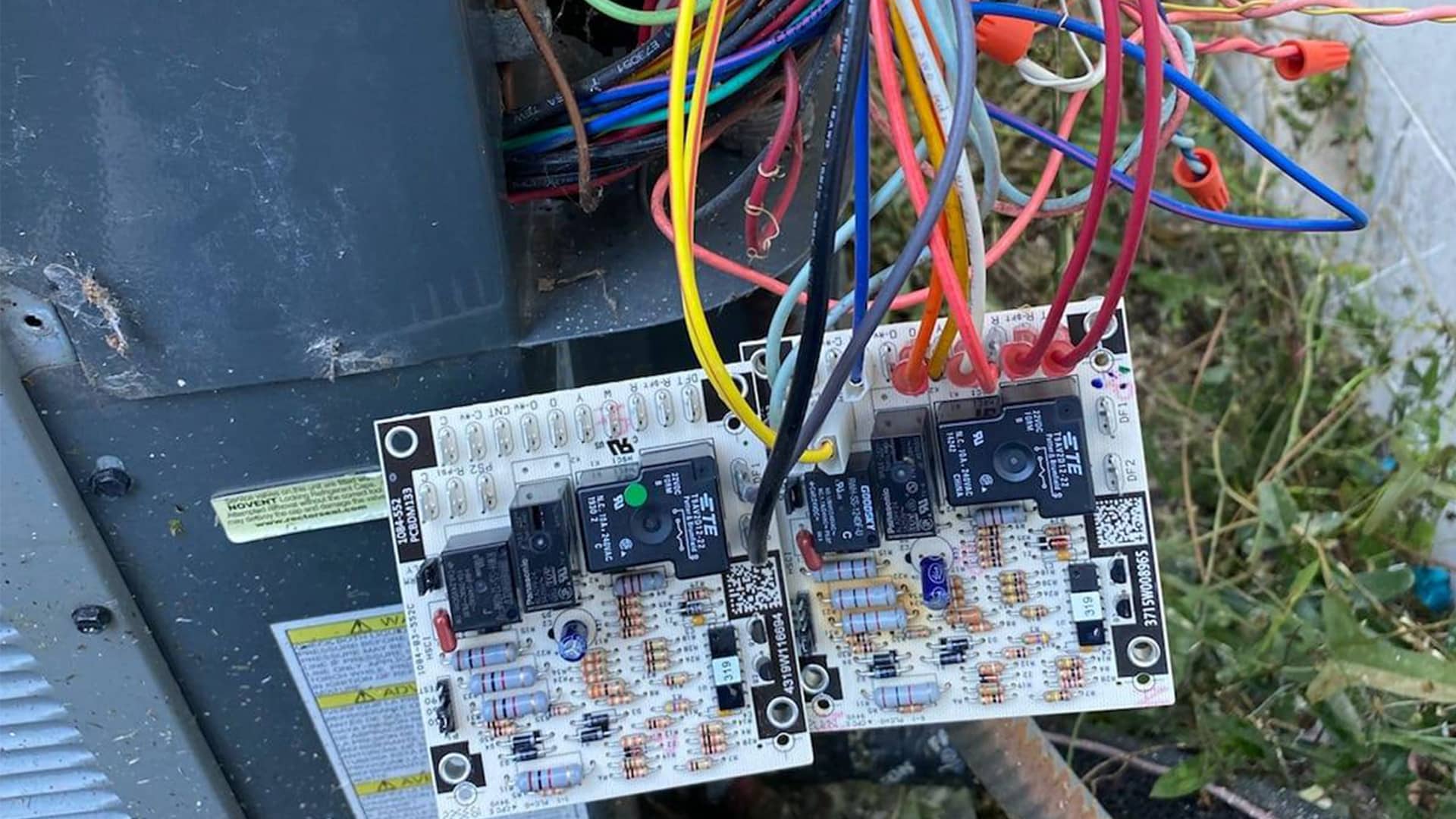
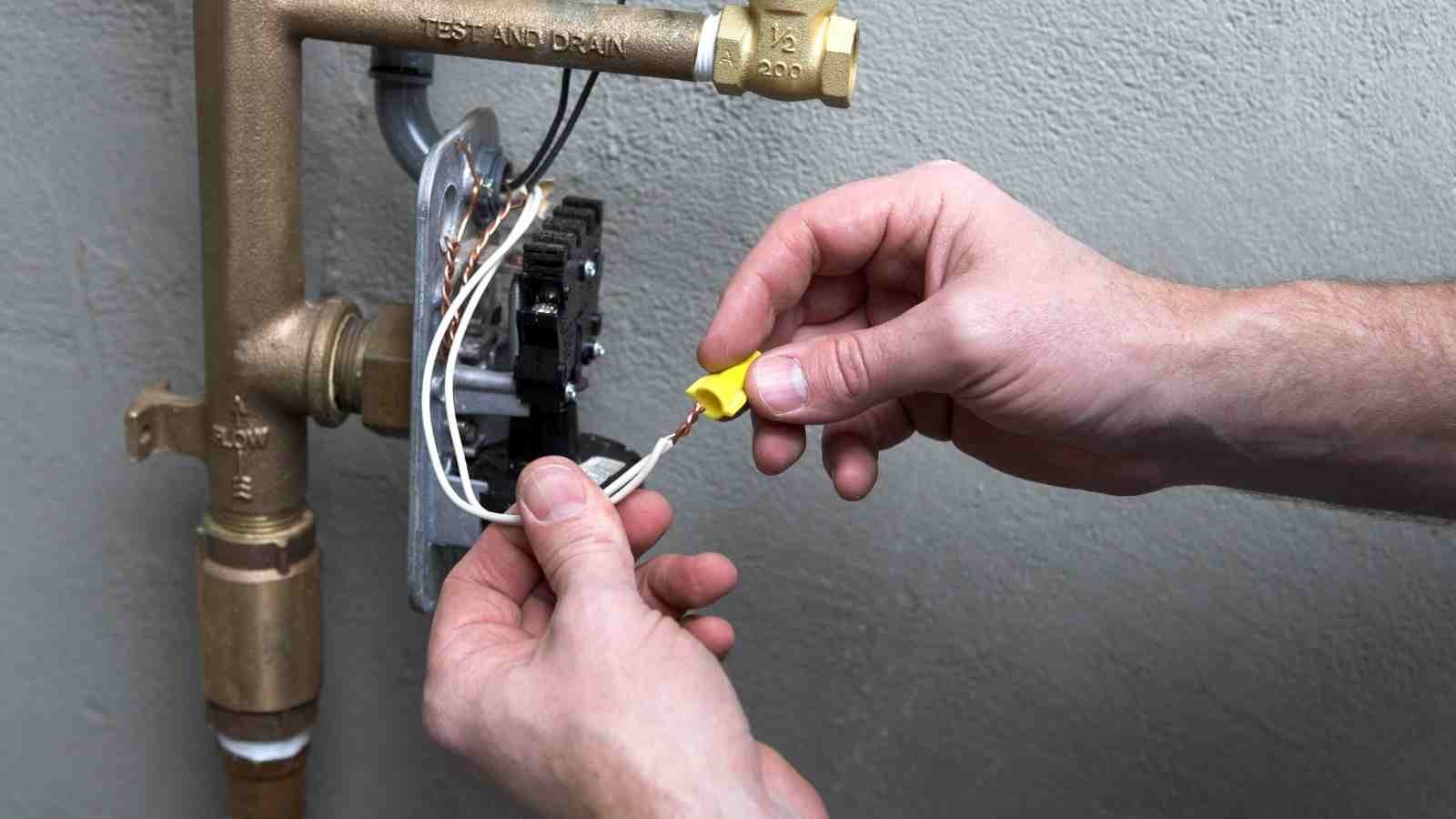

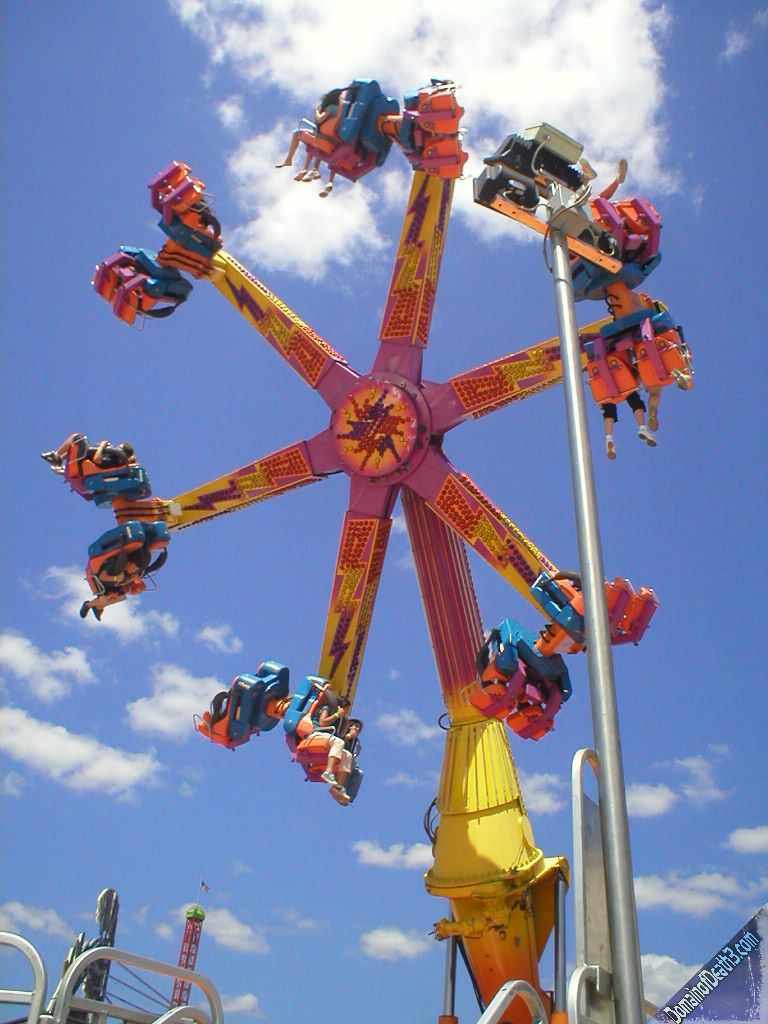
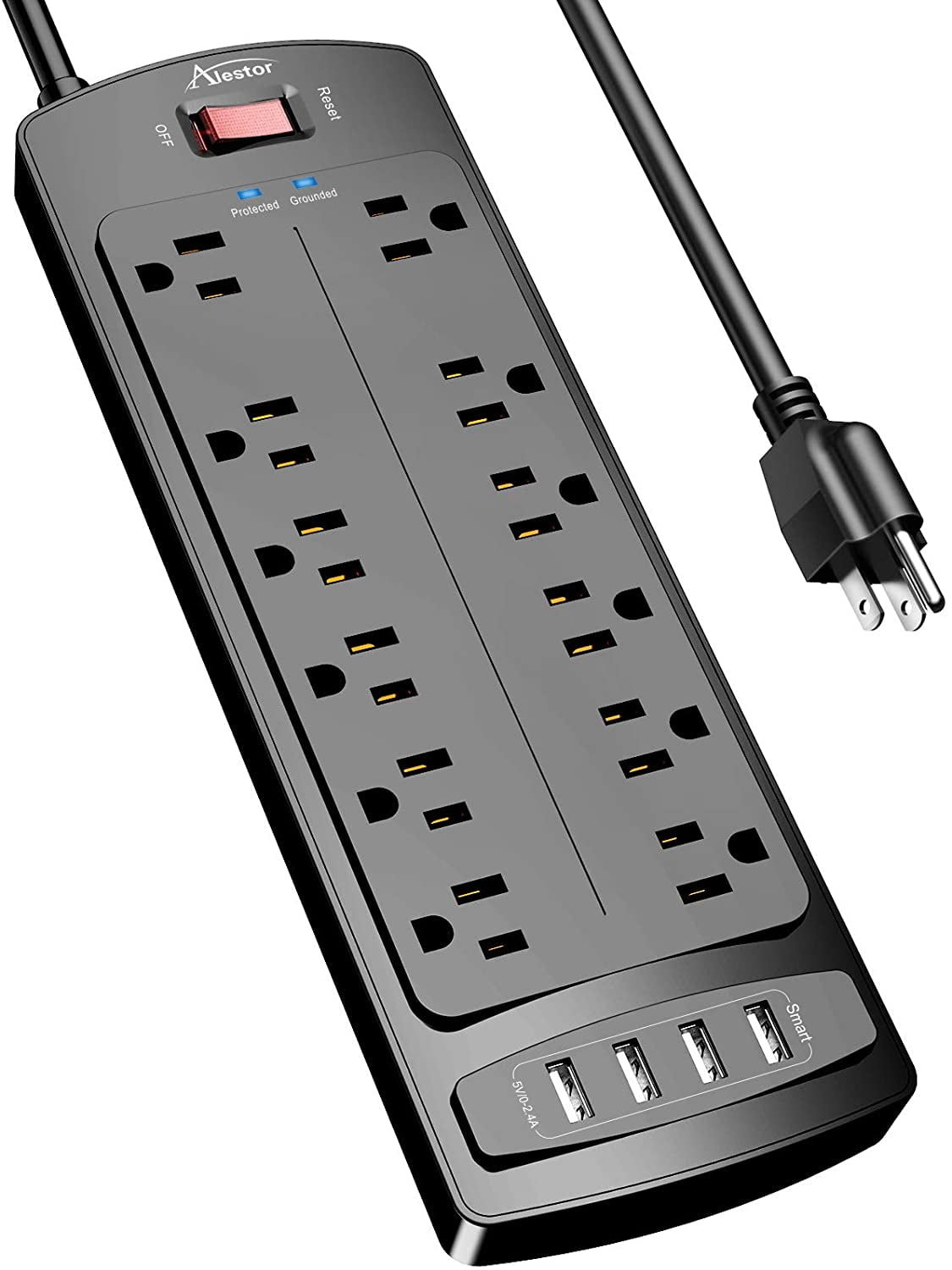
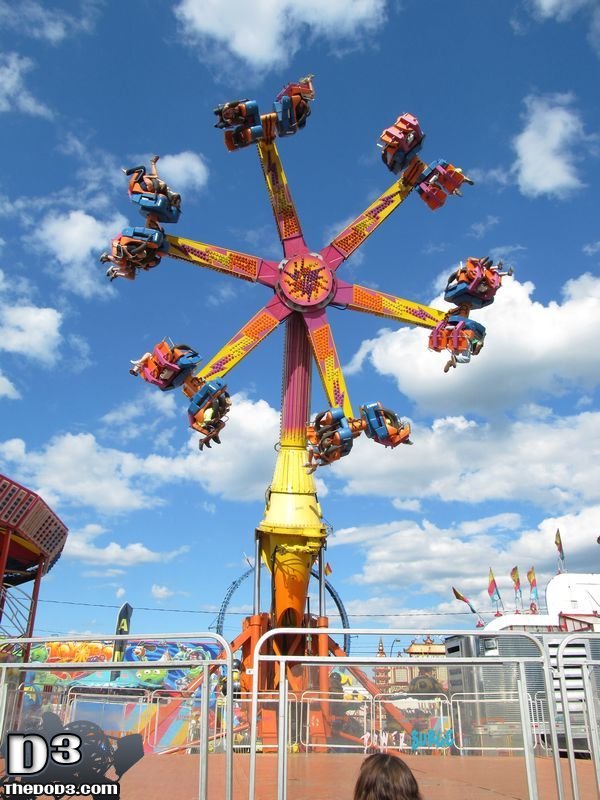







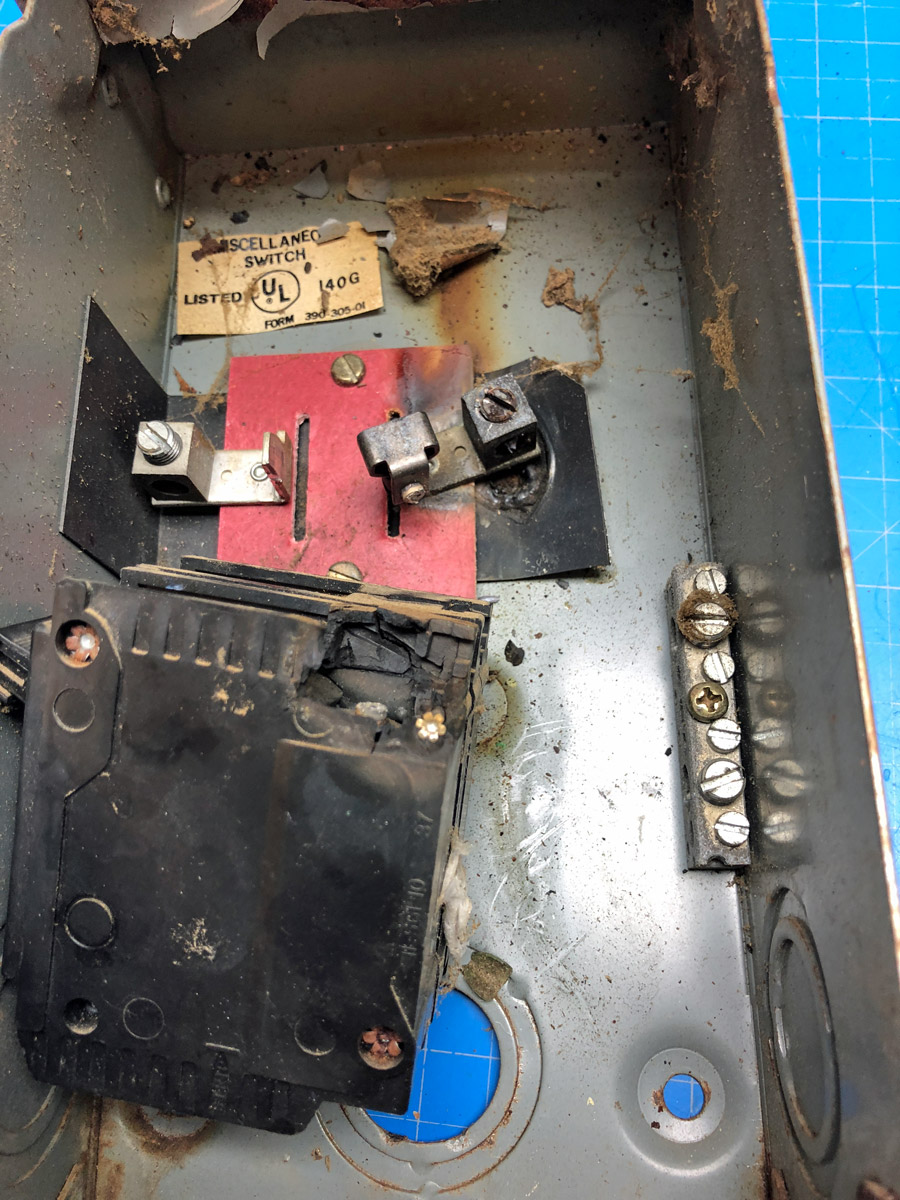









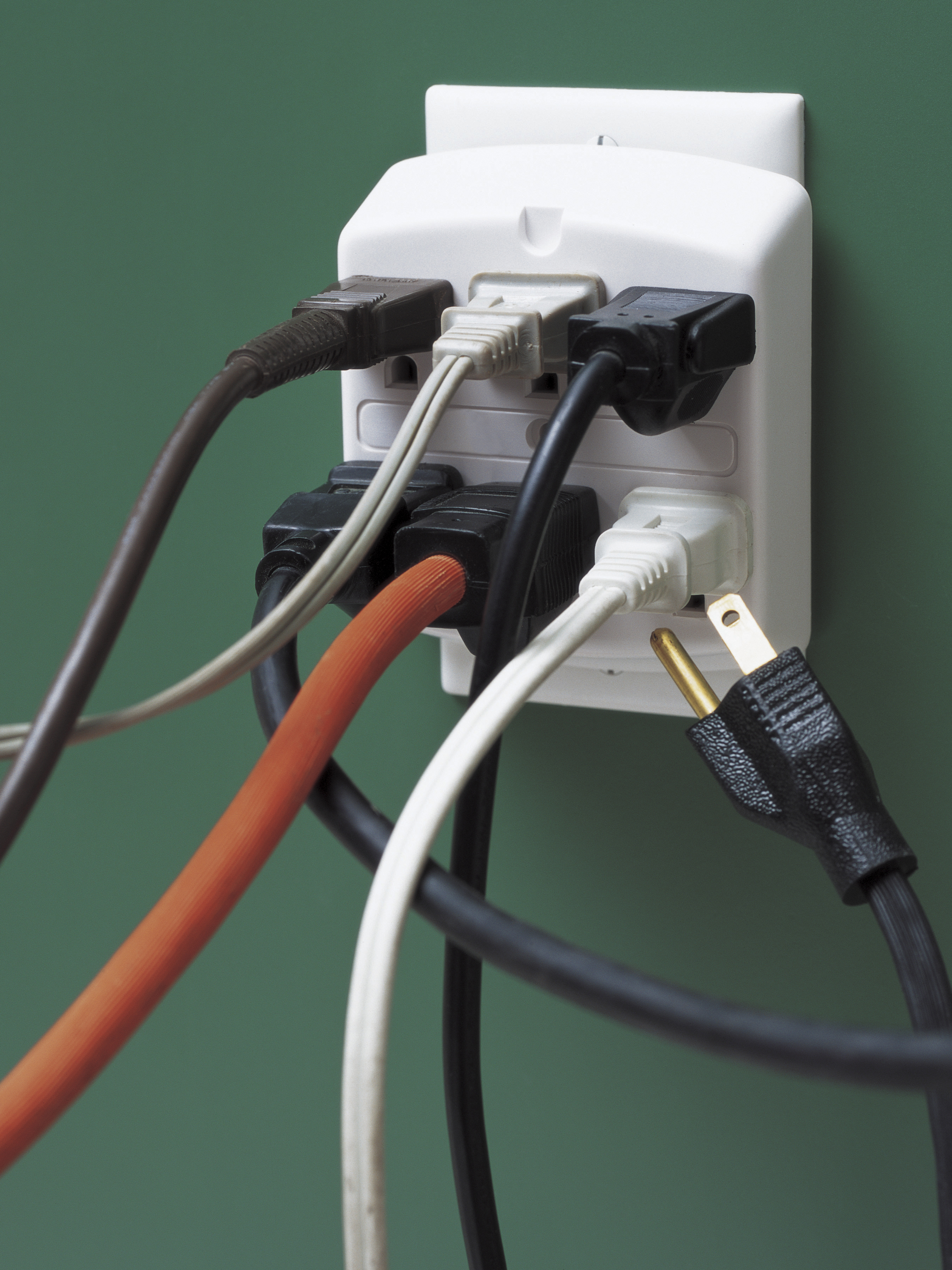

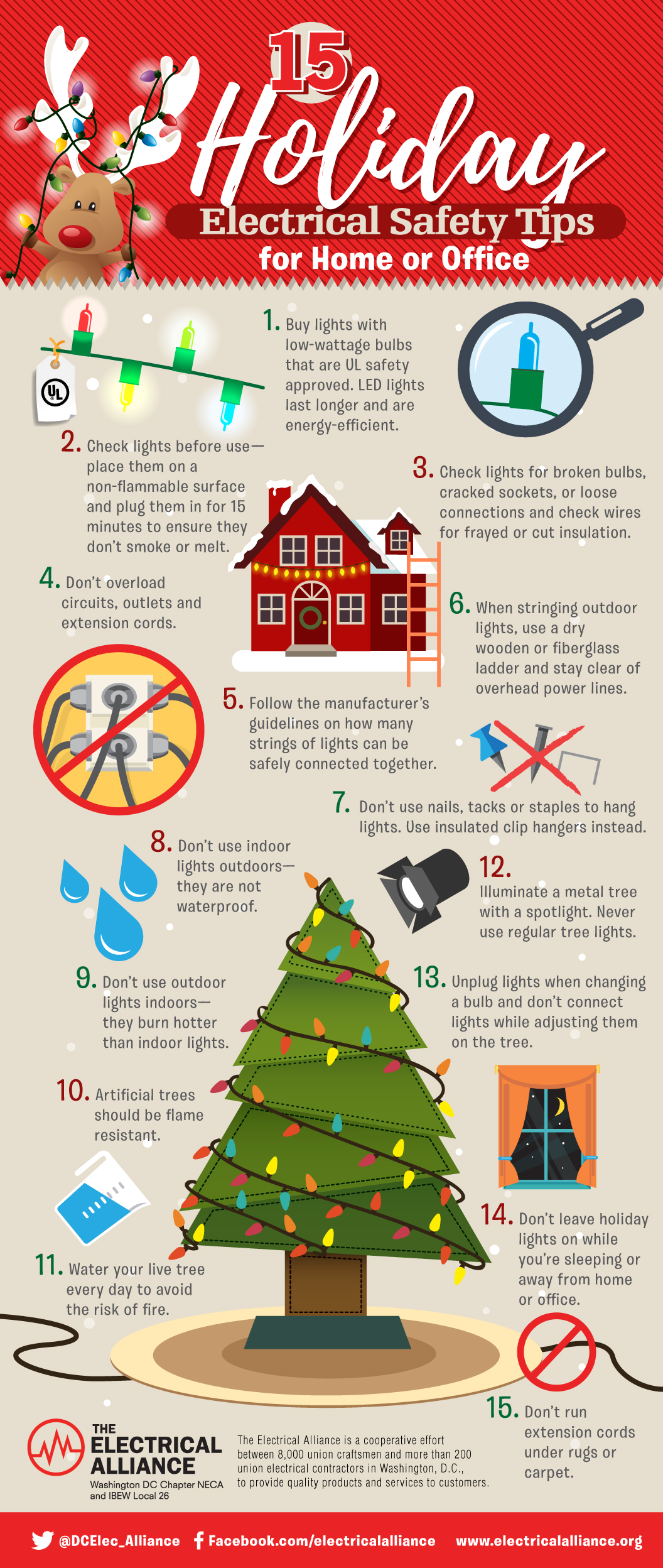
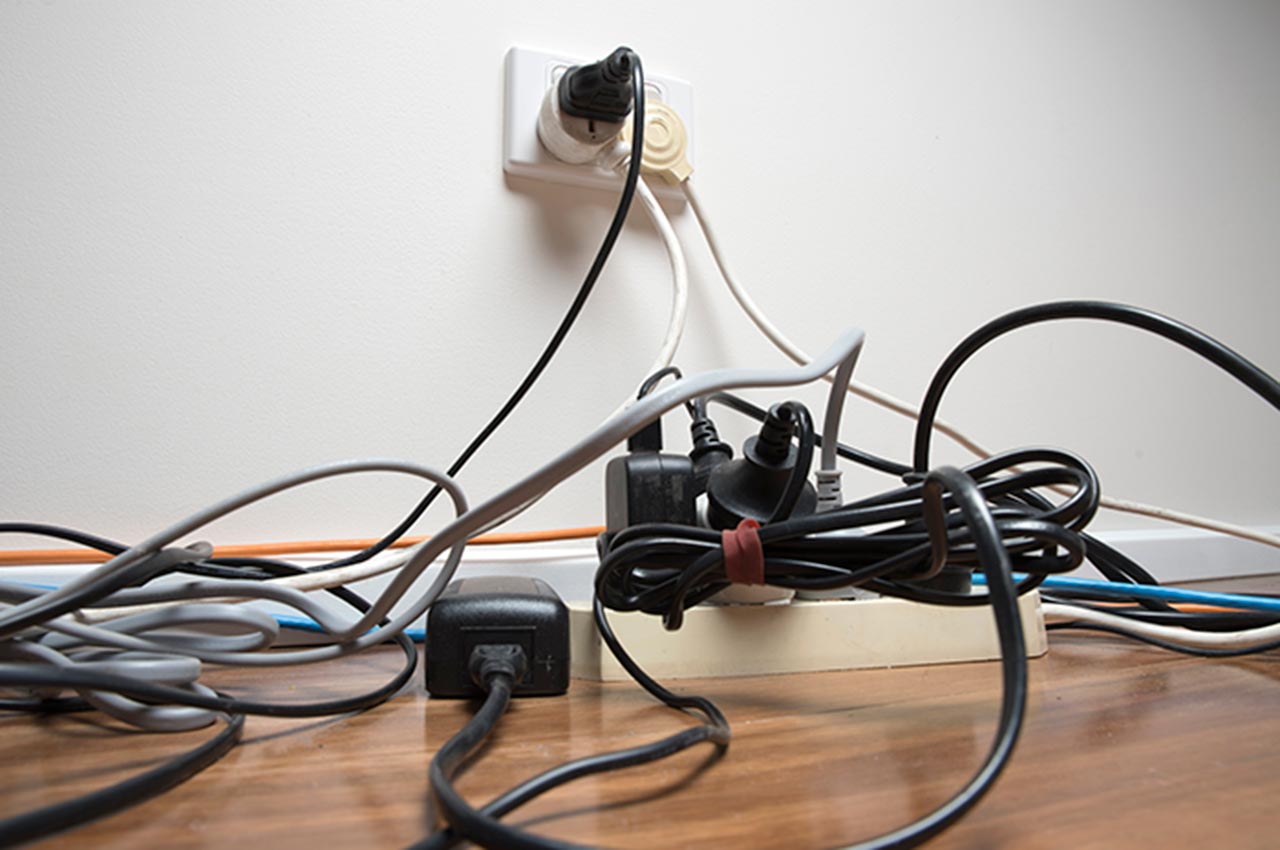

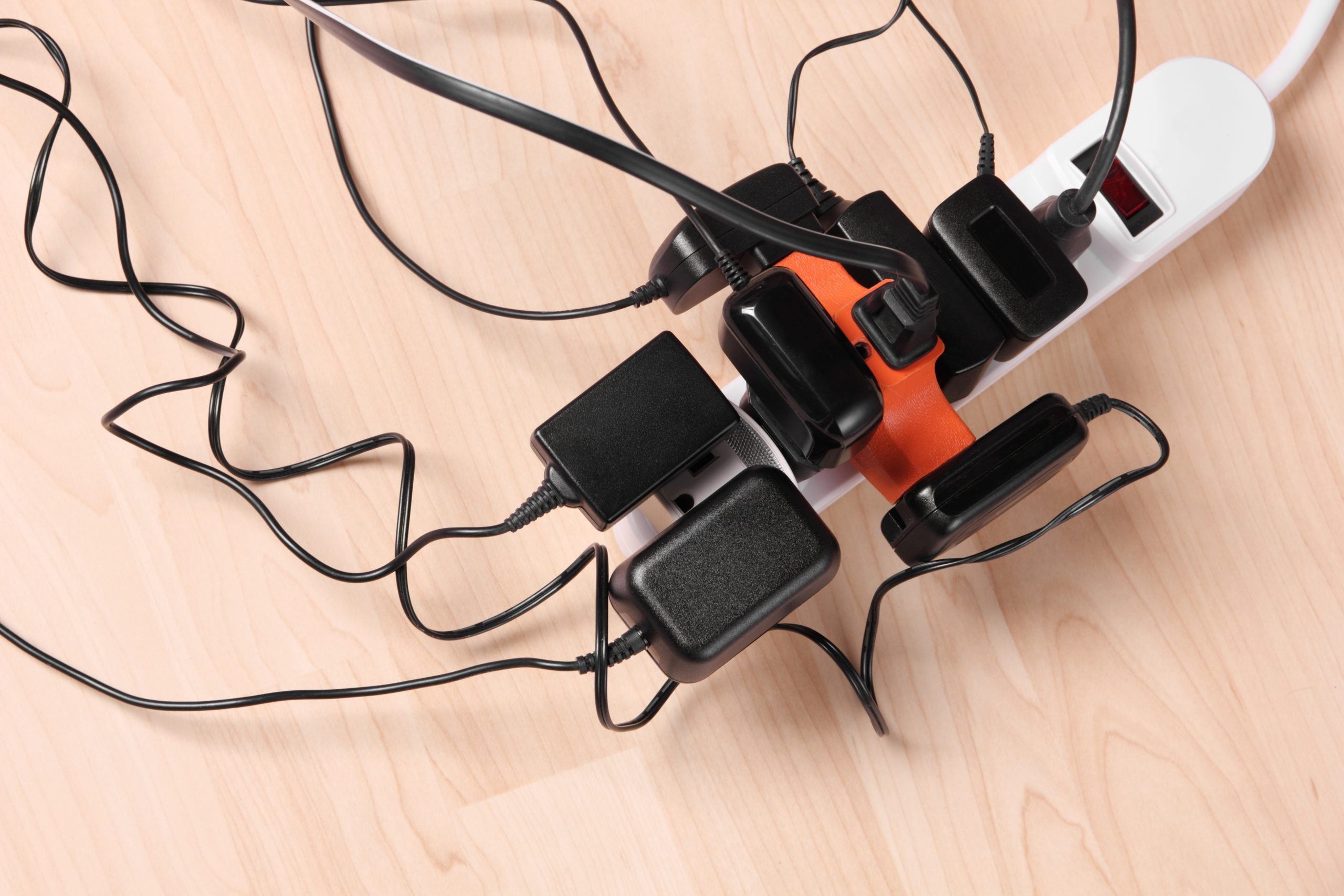
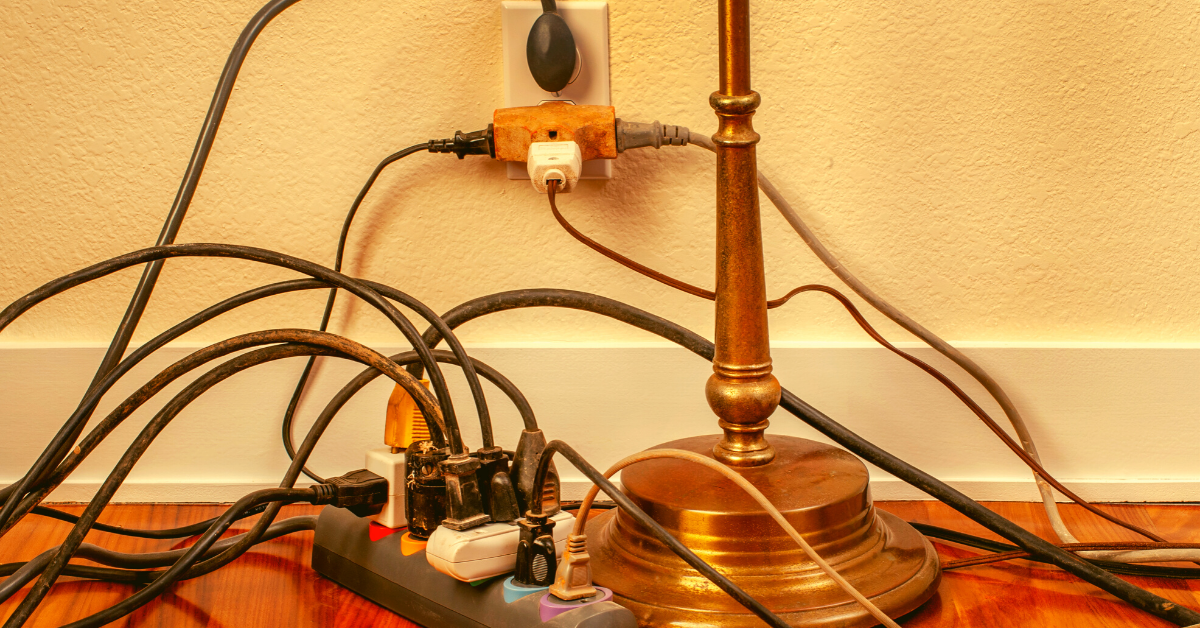
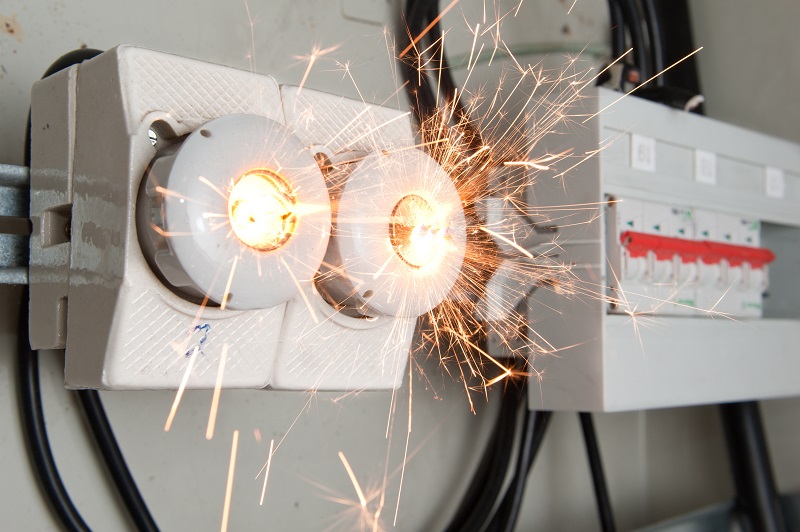
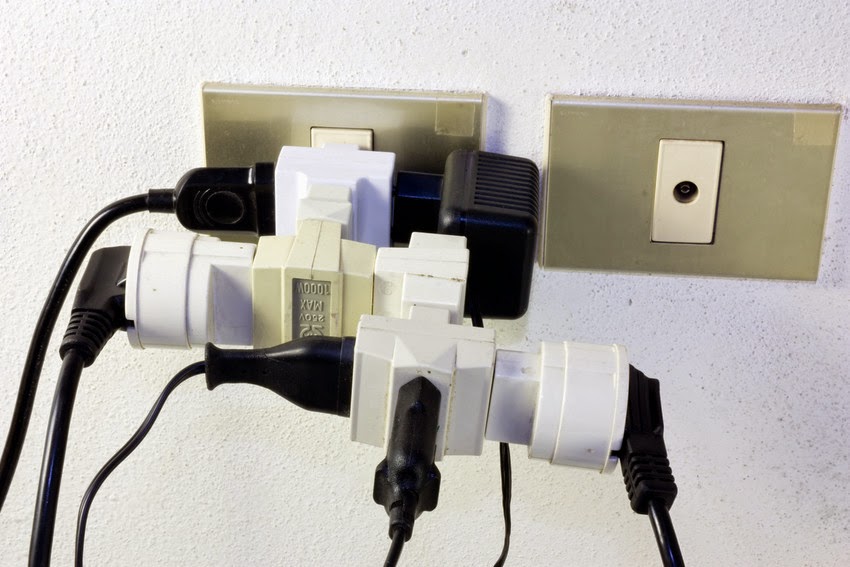

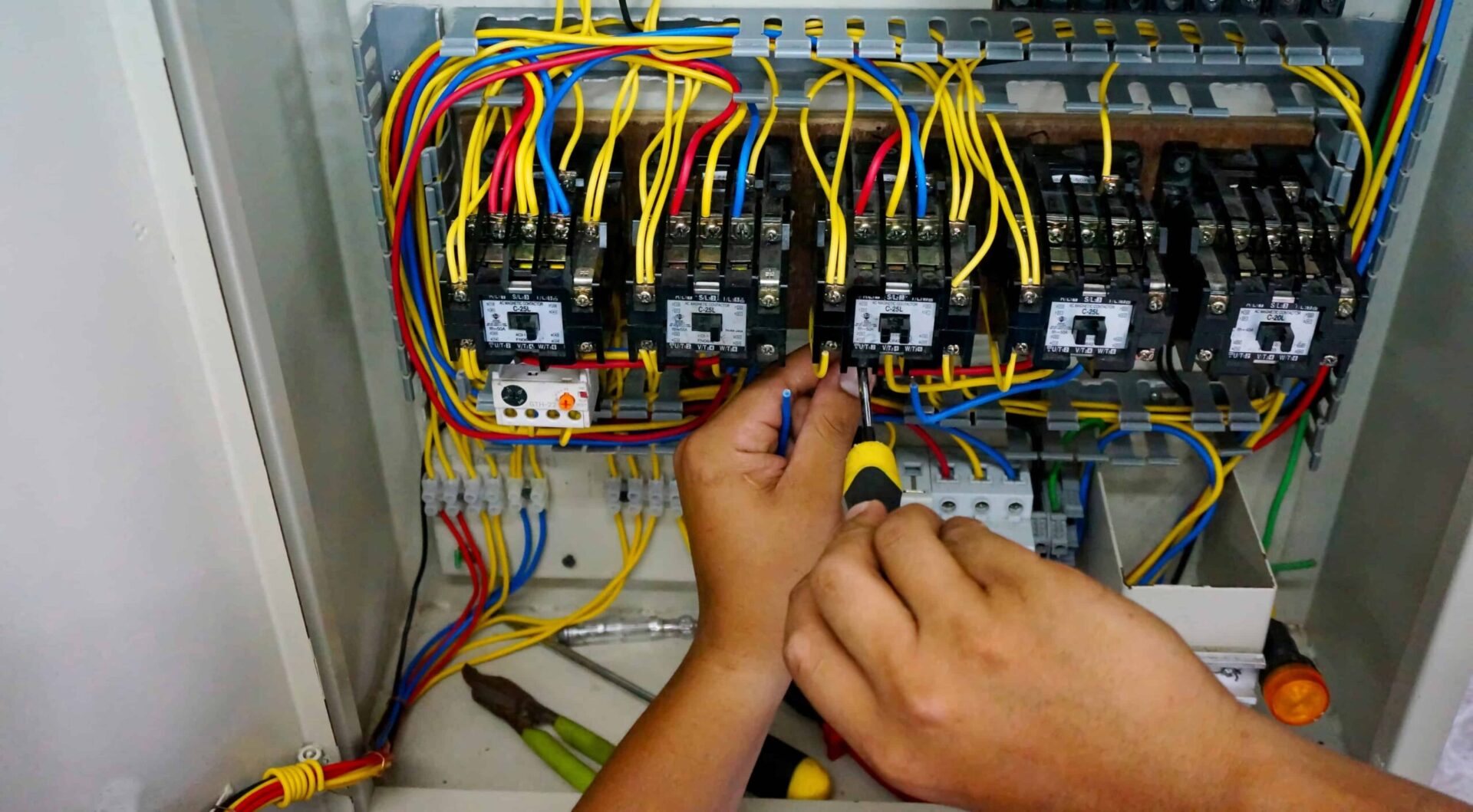

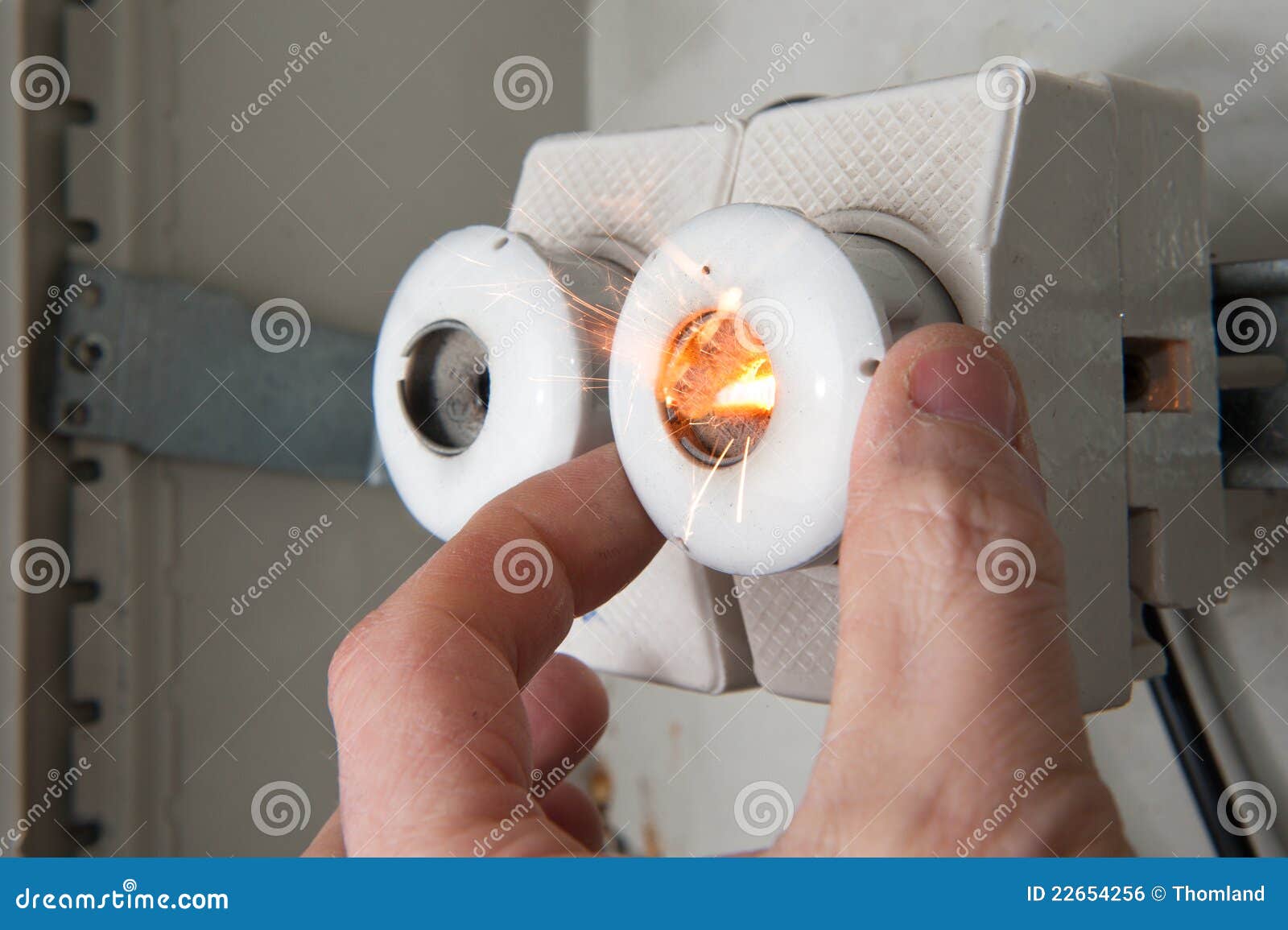

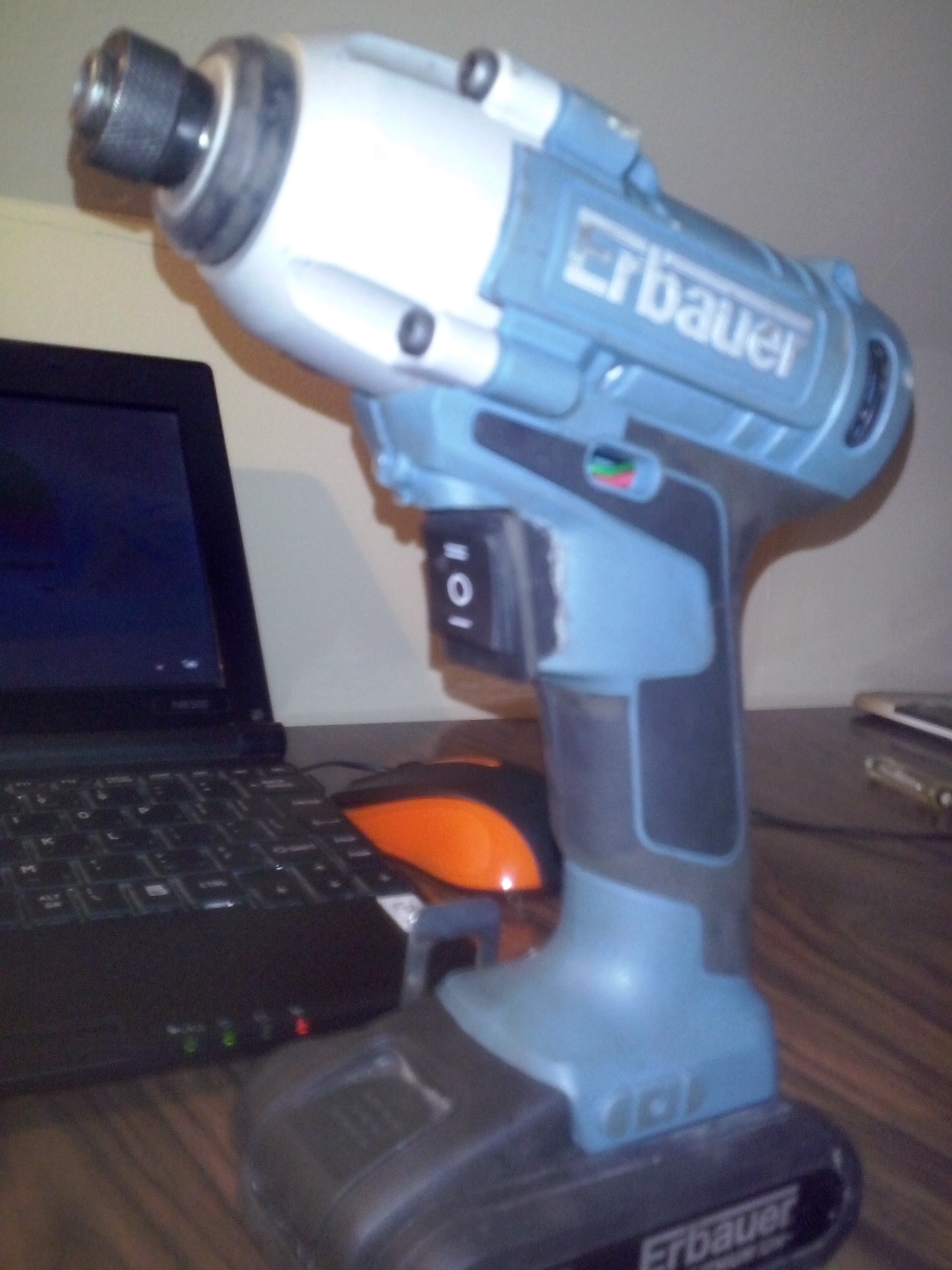

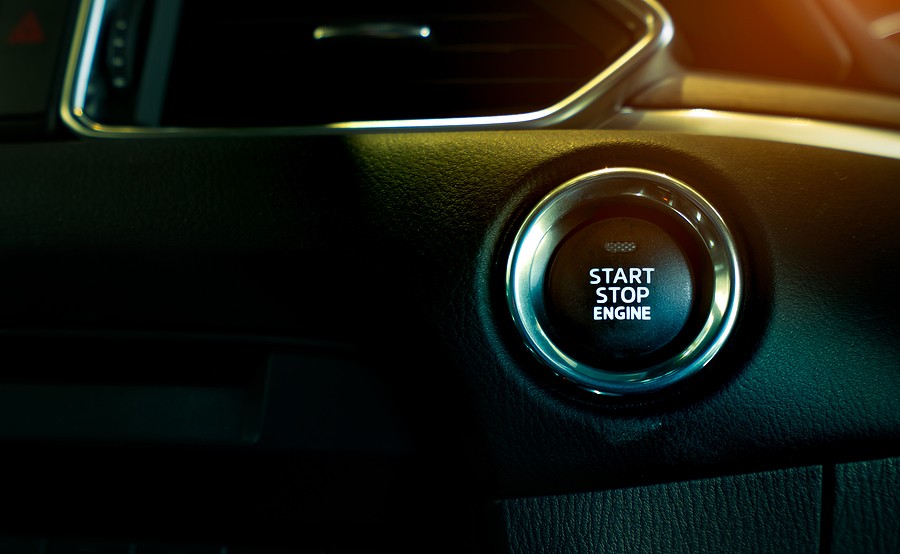

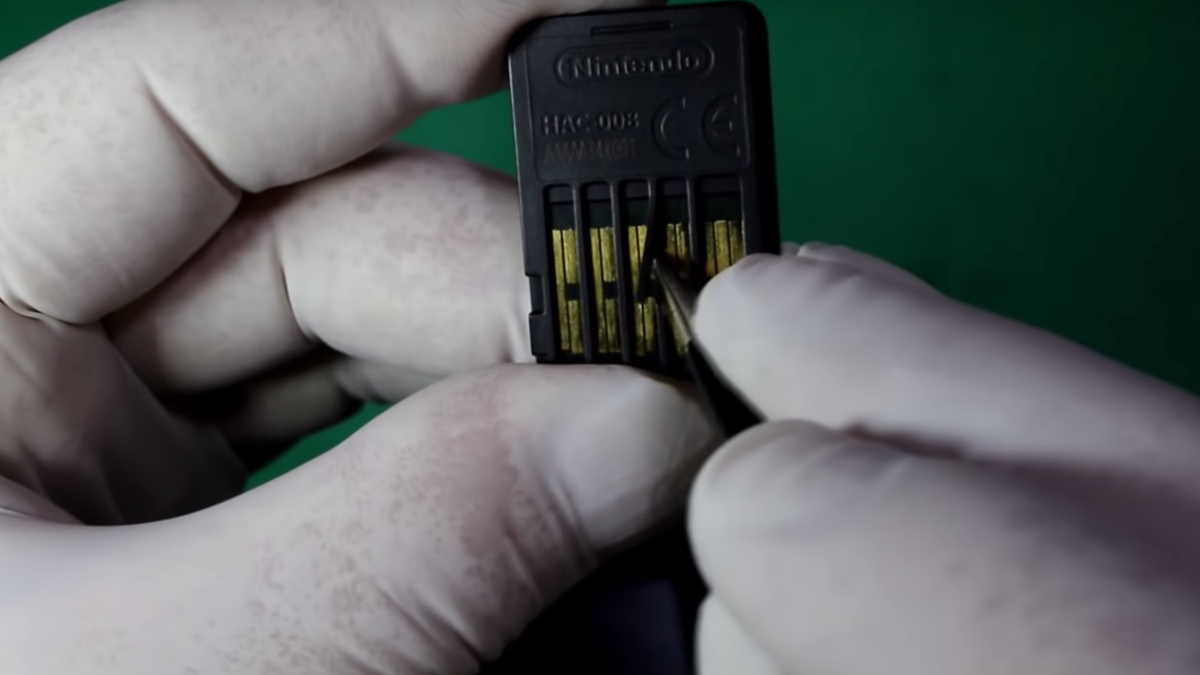

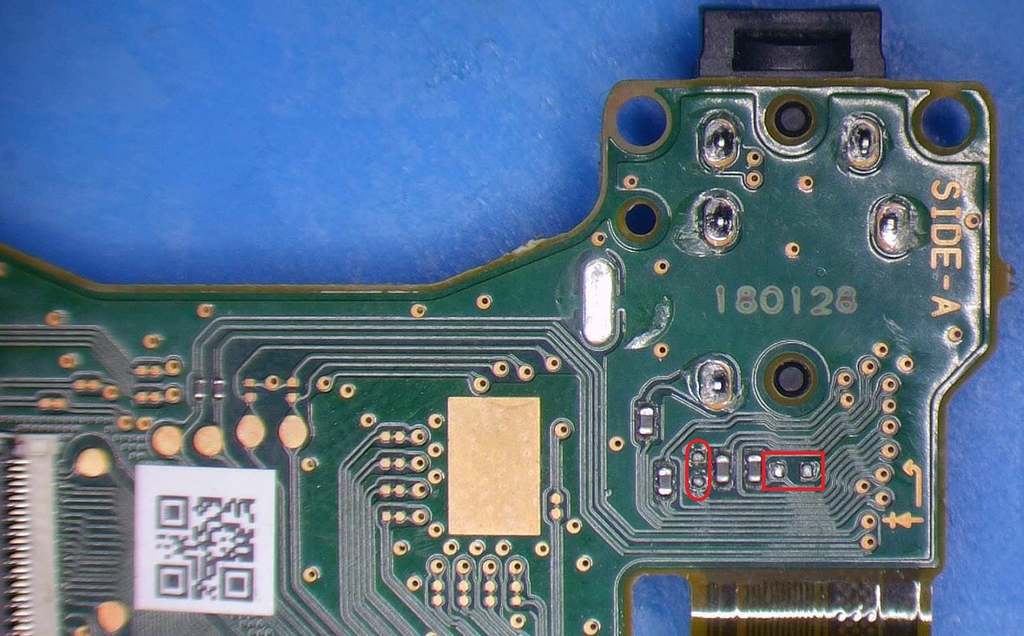


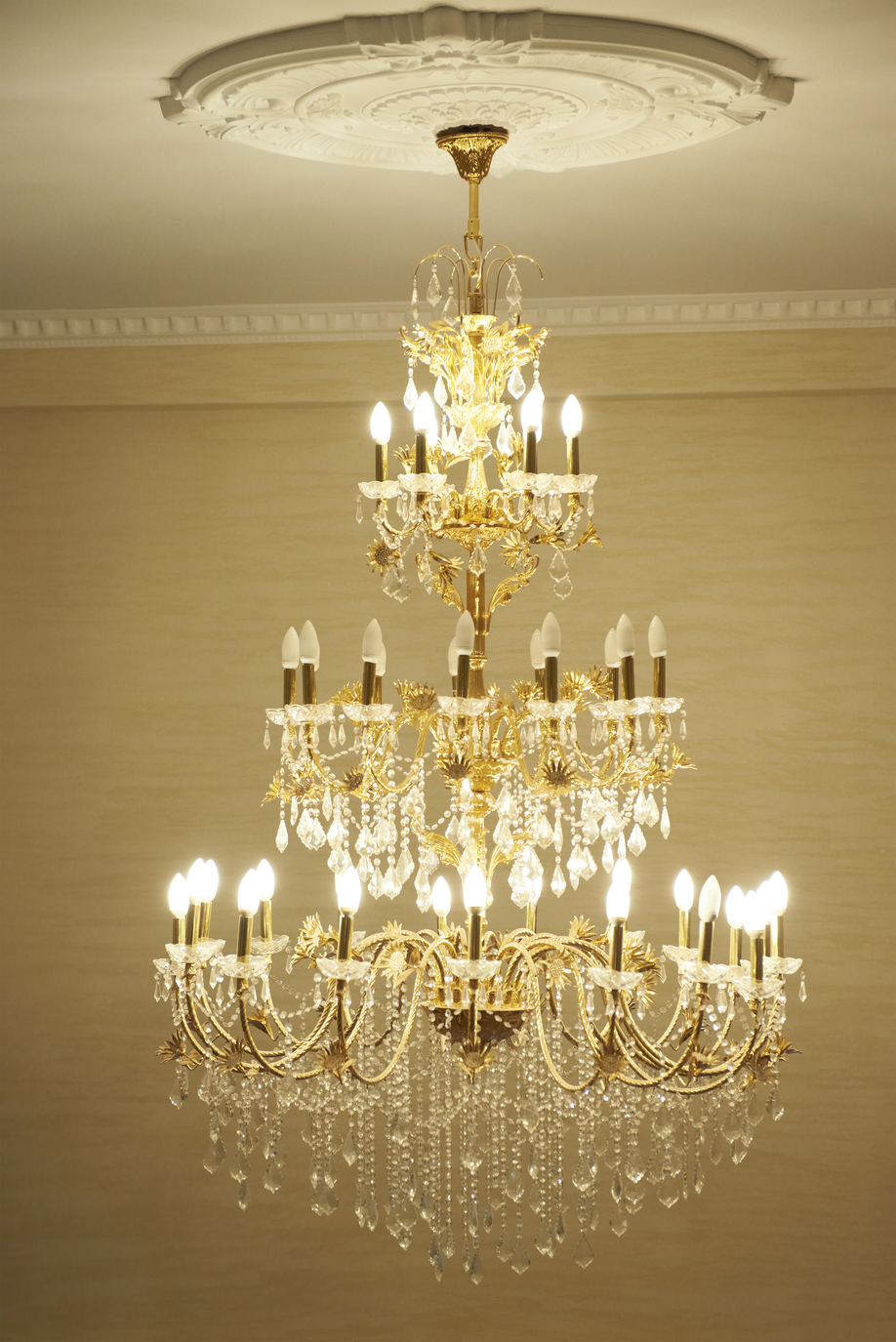


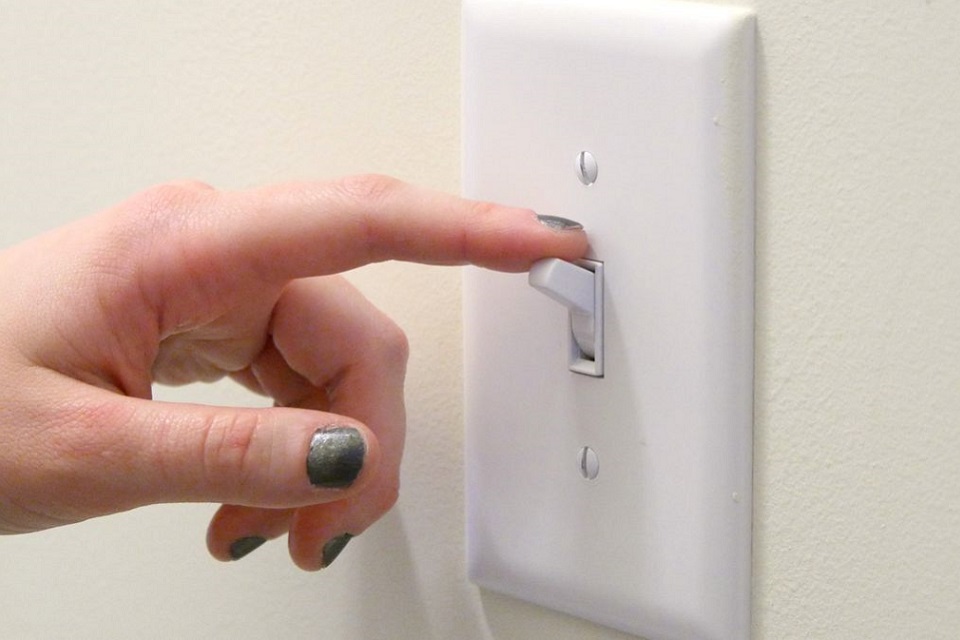





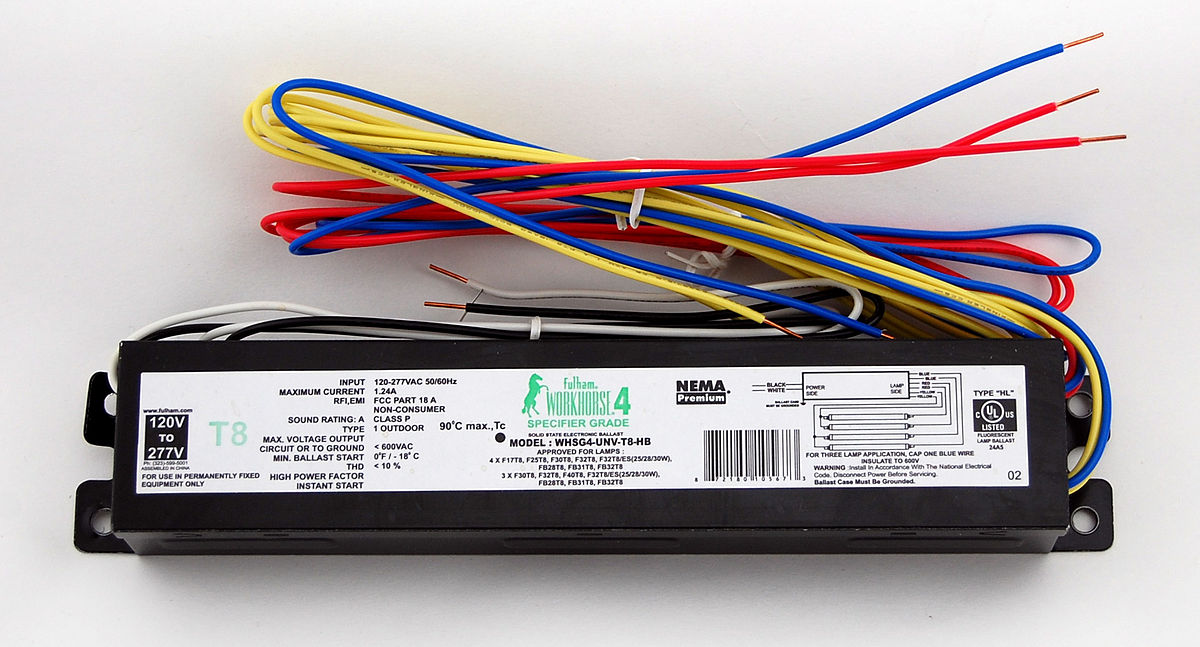
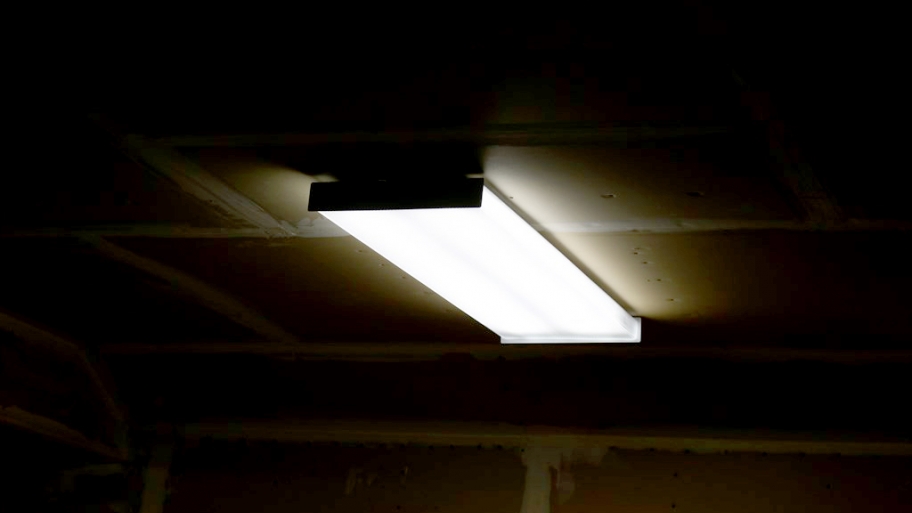

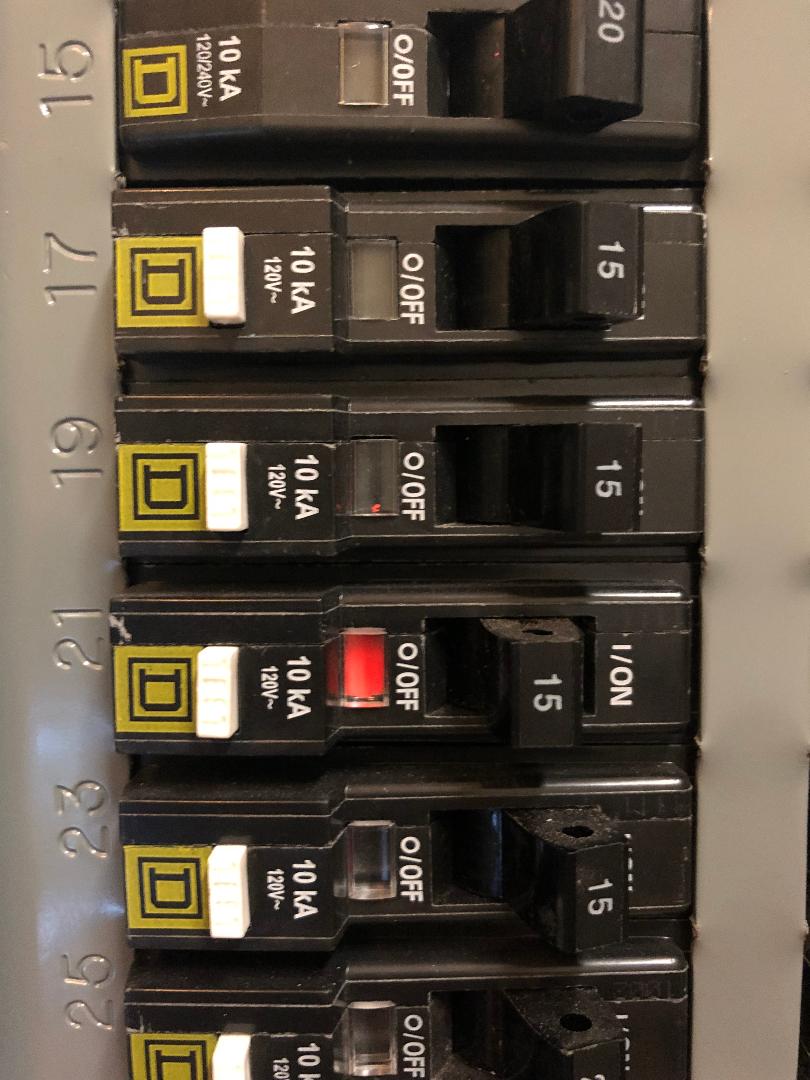


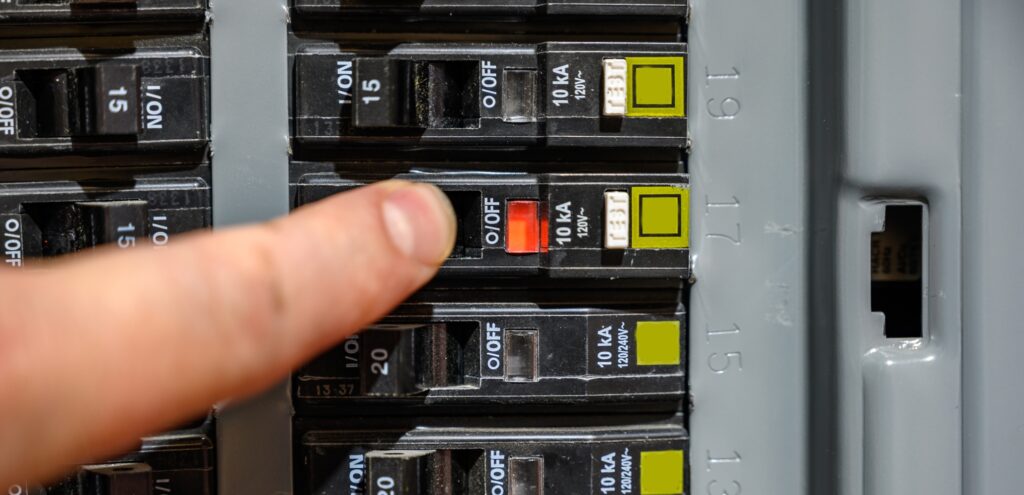



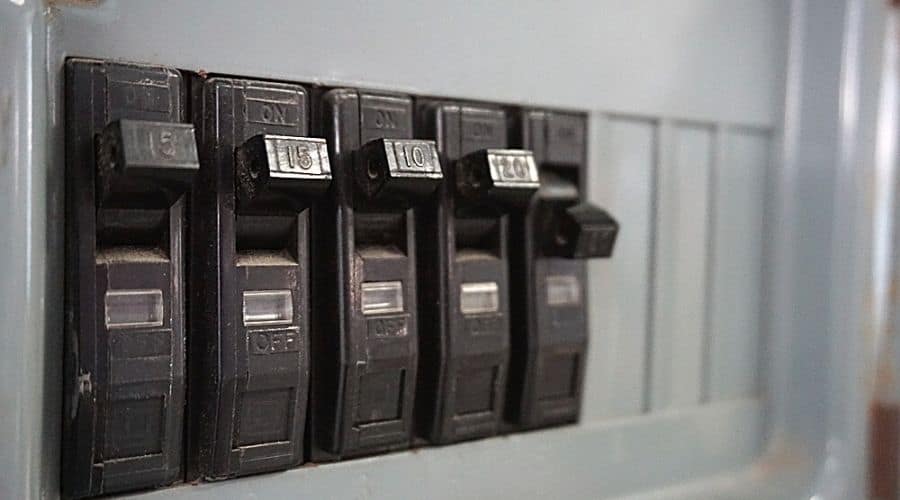
:max_bytes(150000):strip_icc()/reset-a-tripped-breaker-4134193-hero-c5f5257dd0474f2dbb6745beef15acd5.jpg)



